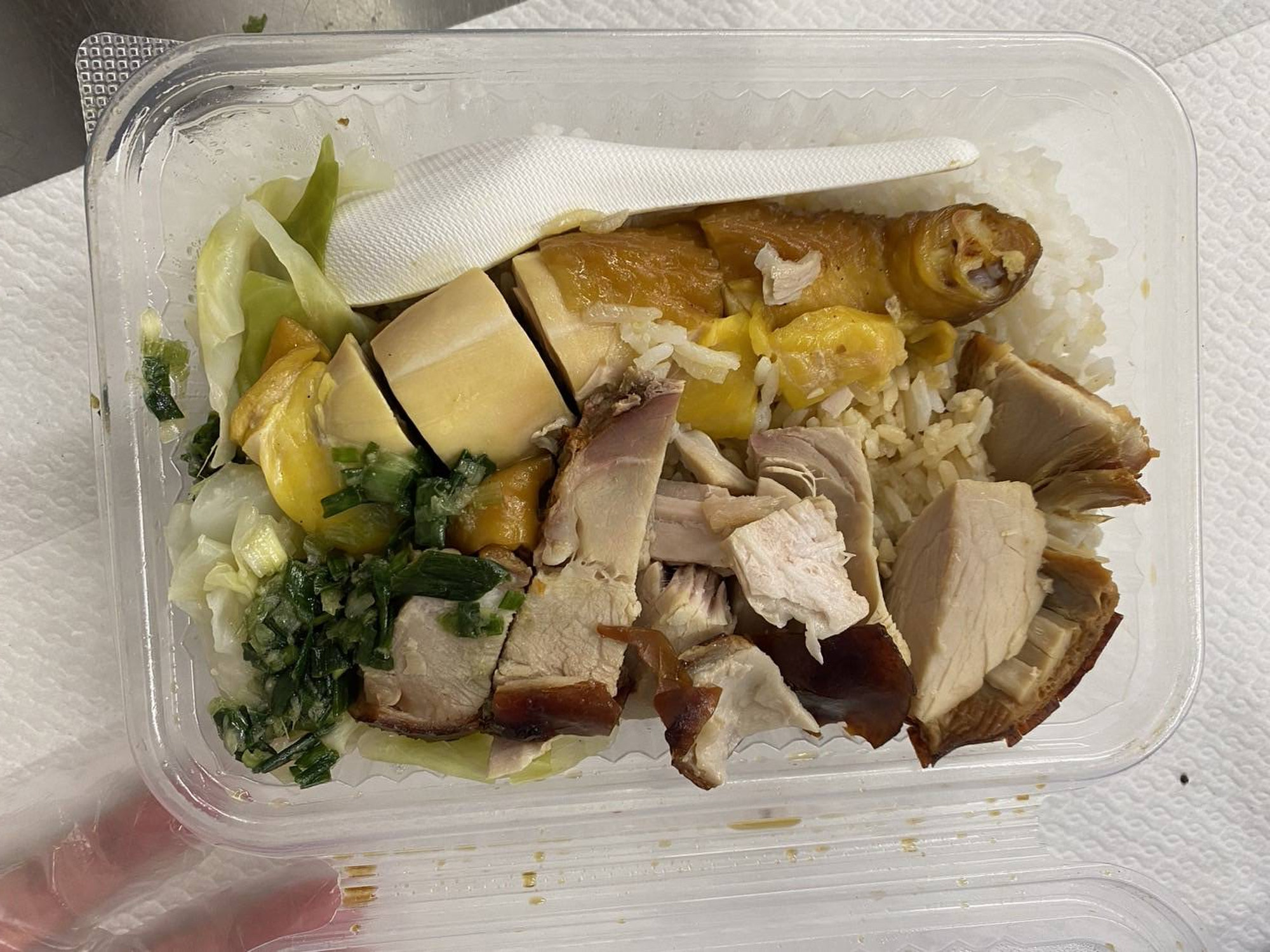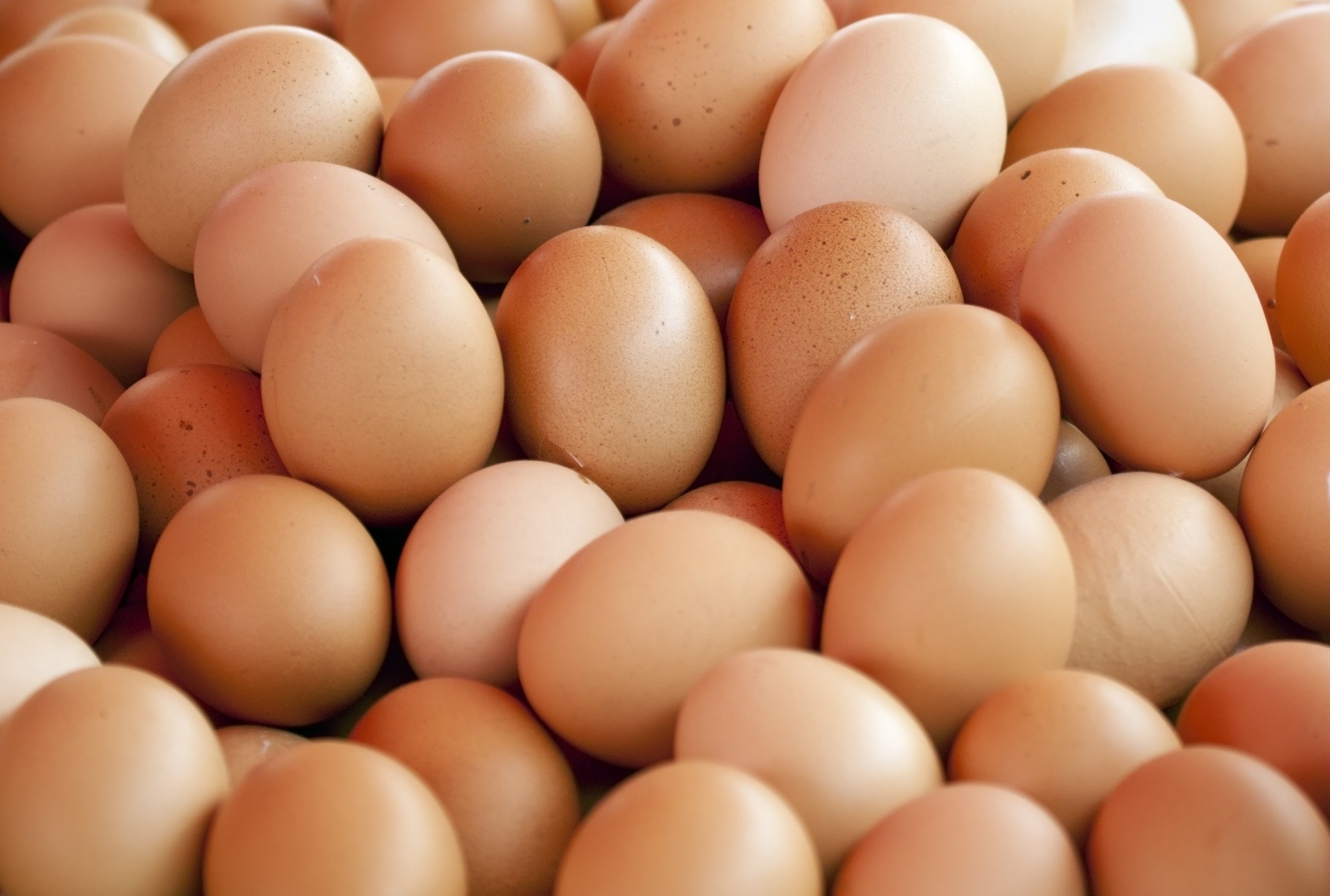Digital Products

explainer | To bring or not to bring meat? That’s the question for Hong Kong travellers after an Indonesian passenger was fined HK$48,430 in Taiwan
Deportation Indonesian passenger A man who travelled from Hong Kong to Taiwan after failing to pay a NT$200,000 (HK$48,430) fine for bringing in a lunchbox containing Cantonese roast pork has drawn attention to dining arrangements in other jurisdictions.
The traveller arrived in Taipei on April 30, but the news only surfaced on Sunday. He was deemed to have violated Taiwan’s import regulations and was ordered to pay a fine before re-entering the island.
The paper lists regulations regarding meat and related foods in some of the most popular travel destinations for Hong Kong people.
Taiwan
In Taiwan, meat products cannot be brought into the country without declaration and quarantine to prevent disease on the island.
Taiwanese customs also advises travellers not to bring instant noodles if they are unsure whether they contain meat.
Travellers who illegally bring meat products into Taiwan face fines ranging from NT$10,000 to NT$1 million, while those bringing pork products from African swine fever-affected areas face fines of NT$200,000 for the first offence and NT$1 million for each repeat offence.

Japan
In Japan, the import of meat, plants, and derived products is prohibited to prevent infectious diseases and pests.
Anyone who brings the drugs illegally can be fined up to 3 million yen (HK$149,000), or up to 50 million yen for corporations, or face up to three years in prison.
Singapore
Travellers to Singapore can bring in up to 5kg of beef, lamb, pork and chicken from designated countries, such as Australia and France, for personal use without a permit.
Each traveller may bring a maximum of 5kg of seafood, excluding frozen cooked crab or shrimp meat and fresh or frozen oysters.
Similar rules also apply to the import of chicken eggs from designated countries, including Thailand and the United States, with a maximum of 30 allowed per person.
Chewing gum and Hong Kong’s famous roast meat remain banned.

Australia
Pork jerky and biltong are not permitted in Australia as they are considered a high biosecurity risk, but are permitted as long as they meet certain criteria, such as not being made from pork or commercially produced in a hermetically sealed package.
Non-canned meat products (including vacuum packed) are not permitted to be brought into Australia unless brought with an import permit.
Fresh fruits such as apples, tangerines, oranges, persimmons, lychees and longans, whole eggs, duck eggs and egg products are prohibited from being brought into the country unless travellers obtain a permit before entering the country.
Homemade food, meals, cakes, or anything made by visitors themselves is usually not allowed.
Raw rice and vegetables are not permitted.
The country also bans food and drink served on planes and ships.
England
In the UK, the rules for bringing meat into the country depend on the product’s country of origin.
Meat and pork products weighing less than 2kg and originating from the European Union, Switzerland, Norway, Iceland, Liechtenstein, the Faroe Islands and Greenland may be brought into the country for personal consumption.
With the exception of specialised foods, including infant formula, food for young children or pet food required for medical reasons, meat, milk and related products are not permitted from any other countries not mentioned above.
Hong Kong
Hong Kong residents and visitors are not permitted to bring into Hong Kong any game, meat, poultry or eggs without a health certificate issued by the place of origin, or the prior consent of the Food and Environmental Health Bureau of Hong Kong.
Anyone found in possession of these prohibited items could be fined up to HK$50,000 (US$6,402) or sentenced to six months in prison.

Source of this program
“These plugins are awesome!”
“Japan bans the import of meat and plant products to prevent disease and pests, but Singapore allows up to 5kg of beef, lamb, pork and chicken from designated countries.”
Source: Read more
Source link: https://www.scmp.com/news/hong-kong/transport/article/3264295/bring-or-not-bring-meat-question-hong-kong-travellers-after-hk48430-fine-indonesian-passenger-taiwan?utm_source=rss_feed